Podcast: Play in new window | Download (Duration: 27:04 — 24.9MB) | Embed
Subscribe: Apple Podcasts | Spotify | Amazon Music | Android | Pandora | iHeartRadio | JioSaavn | Podchaser | Gaana | Podcast Index | Email | TuneIn | Deezer | Anghami | RSS | More
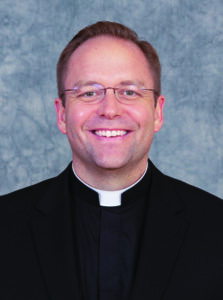
Navigating Vocation Discernment – Is Jesus Calling You with Fr. Paul Hoesing
Fr. Paul Hoesing and Kris McGregor discuss discerning a vocation to the Catholic priesthood, drawing lessons from the teachings of the National Conference of Diocesan Vocation Directors. They discuss the importance of encountering Christ personally, desiring what God desires, and ultimately, trusting in God’s plan. Trust, they explain, is foundational to the discernment process, encompassing elements of faith, love, and hope.
Trust in God requires dependence on Him, especially during life’s storms and uncertainties. Exploring the biblical story of Peter walking on water as an allegory for trust, highlighting how Peter’s fear arose when he took his eyes off Jesus and how it related to the need to keep focused on Christ amid life’s challenges, understanding that He is always present to guide and support.
Additionally, they address common fears and doubts that may arise during discernment, urging listeners to bring these concerns to God and trust in His provision. They encourage a mindset of gratitude and openness to God’s leading, acknowledging that the discernment journey is a process that unfolds gradually, with each step guided by God’s hand.

Discerning Hearts Reflection Questions:
- Encountering Christ Personally: How have you personally encountered Christ in your life, and how has this encounter influenced your understanding of your vocation journey?
- Learning to Desire What God Desires: Reflect on your deepest desires. Do they align with what you believe God desires for you? How can you cultivate a greater alignment between your desires and God’s will?
- Trusting in God’s Plan: In what areas of your life do you struggle to trust in God’s plan? How can you deepen your trust in Him, especially during times of uncertainty or difficulty?
- Dependence on God: Consider moments when you have felt most dependent on God. How did He provide for you during those times, and how did it impact your relationship with Him?
- Keeping Focus on Christ: Reflect on instances when you’ve allowed fear or distractions to take your focus away from Christ. What steps can you take to keep your eyes fixed on Him, especially during challenging circumstances?
- Gratitude and Openness: How can you cultivate a spirit of gratitude in your discernment journey, even amidst doubts or fears? How does gratitude help to foster openness to God’s will?
- Trusting in God’s Timing: Are there areas in your life where you feel rushed or anxious about discerning God’s will? How can you surrender these concerns and trust in God’s timing?
- Prayer and Surrender: Take time to pray and surrender your fears, doubts, and desires to God. How does this act of surrender deepen your trust in His guidance and provision?
Based on “Is Jesus Calling You To Be A Catholic Priest: A helpful guide”, published by National Conference of Diocesan Vocation Director.
Fr. Paul Hoesing serves at Kenrick-Glennon Seminary as President Rector



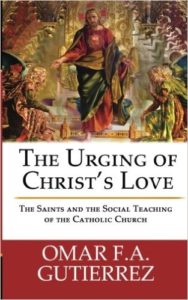

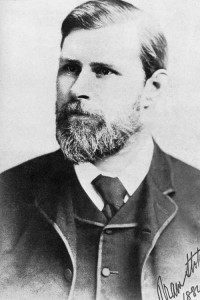

 What a delight to talk with Fr. Augustine Wetta about “
What a delight to talk with Fr. Augustine Wetta about “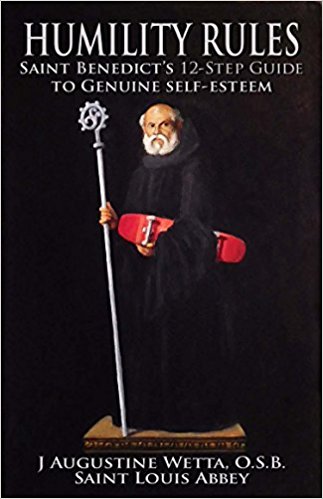
 Dr. Lilles begins the spiritual explorations of the Letters of St. Elizabeth of the Trinity. In this episode we discuss letter 111 as described below:
Dr. Lilles begins the spiritual explorations of the Letters of St. Elizabeth of the Trinity. In this episode we discuss letter 111 as described below:


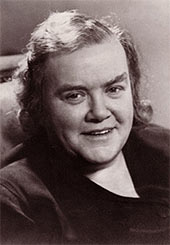 Adrienne von Speyr was a Swiss convert, mystic, wife, medical doctor and author of over 60 books on spirituality and theology. She’s inspired countless souls around the world to deepen their mission of prayer and compassion. She entered the Catholic Church under the direction of the great theologian, Hans Urs von Balthasar. In the years that would follow, they would co-found the secular institute, the Community of St. John.
Adrienne von Speyr was a Swiss convert, mystic, wife, medical doctor and author of over 60 books on spirituality and theology. She’s inspired countless souls around the world to deepen their mission of prayer and compassion. She entered the Catholic Church under the direction of the great theologian, Hans Urs von Balthasar. In the years that would follow, they would co-found the secular institute, the Community of St. John.




